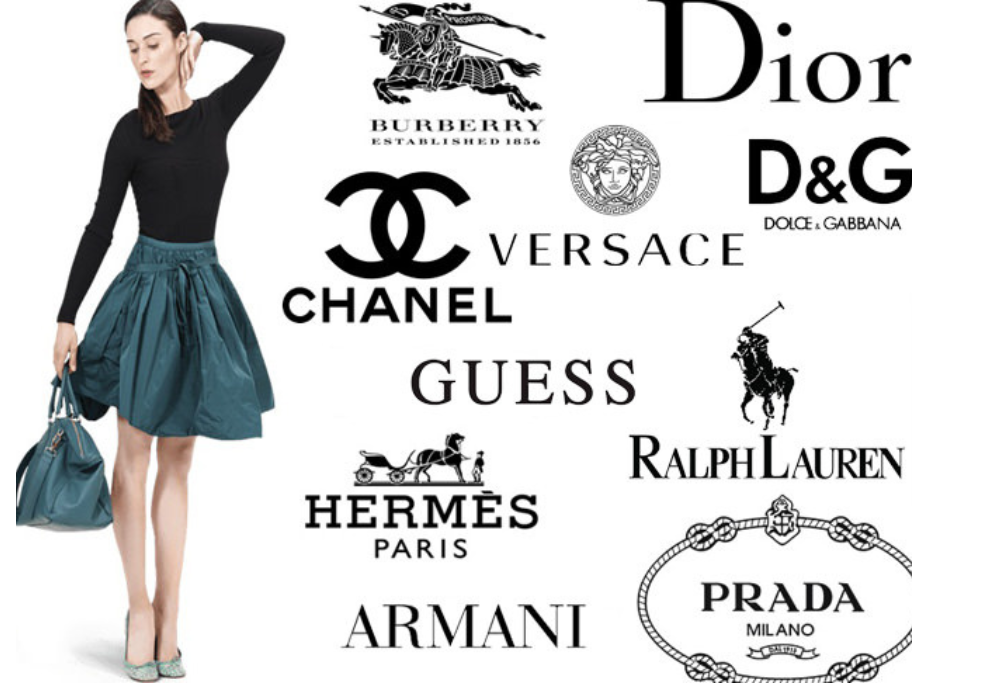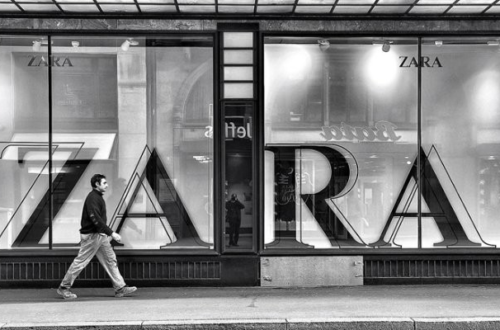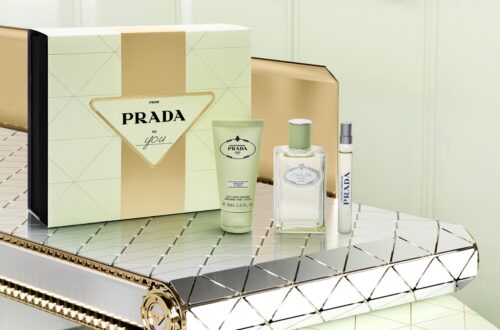The United States, a powerhouse of fashion and style, is home to some of the most iconic and valuable fashion brands globally. This comprehensive exploration unveils the top 10 must-know fashion brands, delving into their strengths, weaknesses, and the reviews that shape their standing in the industry.
Louis Vuitton
Louis Vuitton, a French luxury brand, has firmly established itself as a symbol of opulence and sophistication. Known for its signature monogram and high-quality leather goods, Louis Vuitton has transcended its Parisian roots to become a global status symbol. With a commitment to craftsmanship and innovation, the brand continues to set the standard for luxury.
- Pros: Louis Vuitton, a symbol of luxury, boasts impeccable craftsmanship and timeless designs. Its iconic monogrammed pieces and innovative collaborations keep it at the forefront of fashion.
- Cons: High price points may limit accessibility. Some critics argue that the brand’s exclusivity can alienate certain consumer segments.
Gucci
Gucci, an Italian brand under the French conglomerate Kering, has redefined luxury with its eclectic and bold designs. With Alessandro Michele at the creative helm, Gucci has embraced maximalism, blending vintage inspiration with a contemporary edge. The brand’s emphasis on sustainability adds a modern and socially conscious dimension to its traditional luxury appeal.
- Pros: Gucci stands as a trendsetter with its bold designs and eccentric aesthetic. The brand’s commitment to sustainability adds to its appeal, resonating with socially conscious consumers.
- Cons: Authenticity concerns due to counterfeiting remain a challenge. The brand’s maximalist approach may not resonate with everyone.
Nike
A powerhouse in sportswear, Nike is synonymous with performance and innovation. From iconic sneakers to cutting-edge athletic gear, Nike dominates the global market. Beyond its products, Nike’s commitment to social issues, as seen in campaigns supporting diversity and inclusion, contributes to its widespread popularity.
- Pros: Nike’s dominance in sportswear is unmatched. The brand’s commitment to innovation, performance, and social causes enhances its reputation. Iconic collaborations with athletes contribute to its global allure
- Cons: Ethical concerns related to labor practices in overseas manufacturing facilities have been raised. Some critics argue that the brand’s pricing strategy may not be inclusive.
Chanel
Chanel, founded by the legendary Coco Chanel, epitomizes timeless elegance and classic style. The French luxury brand has left an indelible mark on the fashion world with iconic pieces like the little black dress and the quilted handbag. Despite being headquartered in Paris, Chanel’s influence extends globally, making it a key player in the American luxury market.
- Pros: Chanel epitomizes timeless elegance and sophistication. Its classic pieces, like the little black dress, have become fashion staples. The brand’s legacy and commitment to craftsmanship are lauded.
- Cons: Chanel’s high-end positioning may make it aspirational but less accessible. Limited online presence compared to some competitors.
Adidas
Adidas, a German sportswear giant, has secured a prominent place in the American market. Known for its fusion of style and performance, Adidas has successfully collaborated with celebrities and designers to create sought-after collections. The brand’s commitment to sustainability aligns with the evolving preferences of socially conscious consumers.
- Pros: Adidas strikes a balance between performance and style. The brand’s collaborations with influencers and designers resonate with the younger demographic. A focus on sustainable practices adds to its appeal.
- Cons: Some critics argue that Adidas lacks the same level of exclusivity as its competitors. Quality concerns in certain product lines have been raised.
Ralph Lauren
Ralph Lauren, an American fashion icon, embodies the spirit of the U.S. East Coast’s preppy lifestyle. Renowned for its polo shirts and equestrian-inspired designs, Ralph Lauren has built a brand synonymous with American elegance. The Polo Ralph Lauren logo is a globally recognised symbol of refined casual wear.
- Pros: Ralph Lauren is synonymous with American style and preppy aesthetics. The brand’s diverse product range caters to various consumer segments. Commitment to diversity and inclusion enhances its brand image.
- Cons: Pricing may be a deterrent for budget-conscious consumers. The brand’s classic approach may be perceived as less innovative by some.
Under Armour
Founded in 1996 by Kevin Plank, Under Armour revolutionized athletic wear with its moisture-wicking technology. Initially focusing on compression wear, it swiftly expanded to footwear and accessories, earning a reputation for innovation and performance. With endorsements from top athletes, Under Armour solidified its status as a leading sportswear brand.
- Pros: Under Armour’s focus on performance and technology-driven sportswear sets it apart. The brand’s commitment to innovation and athlete endorsements strengthens its position.
- Cons: Under Armour faces strong competition in the sportswear market. Some critics argue that the brand lacks the same level of fashion appeal as competitors.
Versace
Established in 1978 by Gianni Versace, this Italian luxury brand is synonymous with bold designs and opulent style. Renowned for vibrant prints, the iconic Medusa logo, and extravagant materials, Versace, under Donatella Versace’s direction, continues to redefine fashion. From apparel to accessories and fragrances, Versace embodies sophistication, attracting a global audience with its fusion of heritage and modernity.
- Pros: Versace is synonymous with luxury, boldness, and glamour. The brand’s iconic Medusa logo and boundary-pushing designs cater to a bold and confident consumer base.
- Cons: High price points may limit accessibility. Some critics argue that the brand’s aesthetic can be polarizing.
Calvin Klein
Calvin Klein, an American fashion house, is celebrated for its minimalist aesthetic and provocative marketing campaigns. From iconic denim to fragrances, Calvin Klein has been a trendsetter since its inception. The brand’s commitment to clean lines and simplicity has made it a staple in American fashion.
- Pros: Calvin Klein revolutionized the fashion industry with its minimalist designs. The brand’s bold advertising campaigns and commitment to inclusivity resonate with modern consumers.
- Cons: Some critics argue that the brand’s relevance has diminished in recent years. Limited innovation compared to some competitors.
Tommy Hilfiger
Tommy Hilfiger, an American fashion brand with a strong nautical and preppy influence, has become a global symbol of casual style. Known for its red, white, and blue logo, Tommy Hilfiger is synonymous with youthful, all-American fashion. The brand’s collaborations with pop culture icons have further solidified its cultural relevance.
- Pros: Tommy Hilfiger’s distinctive American style has a broad appeal. The brand’s collaborations with pop culture icons keep it relevant. Emphasis on diversity and inclusivity is reflected in its marketing.
- Cons: Pricing may be a barrier for some consumers. Critics argue that the brand’s aesthetic can be too mainstream.





